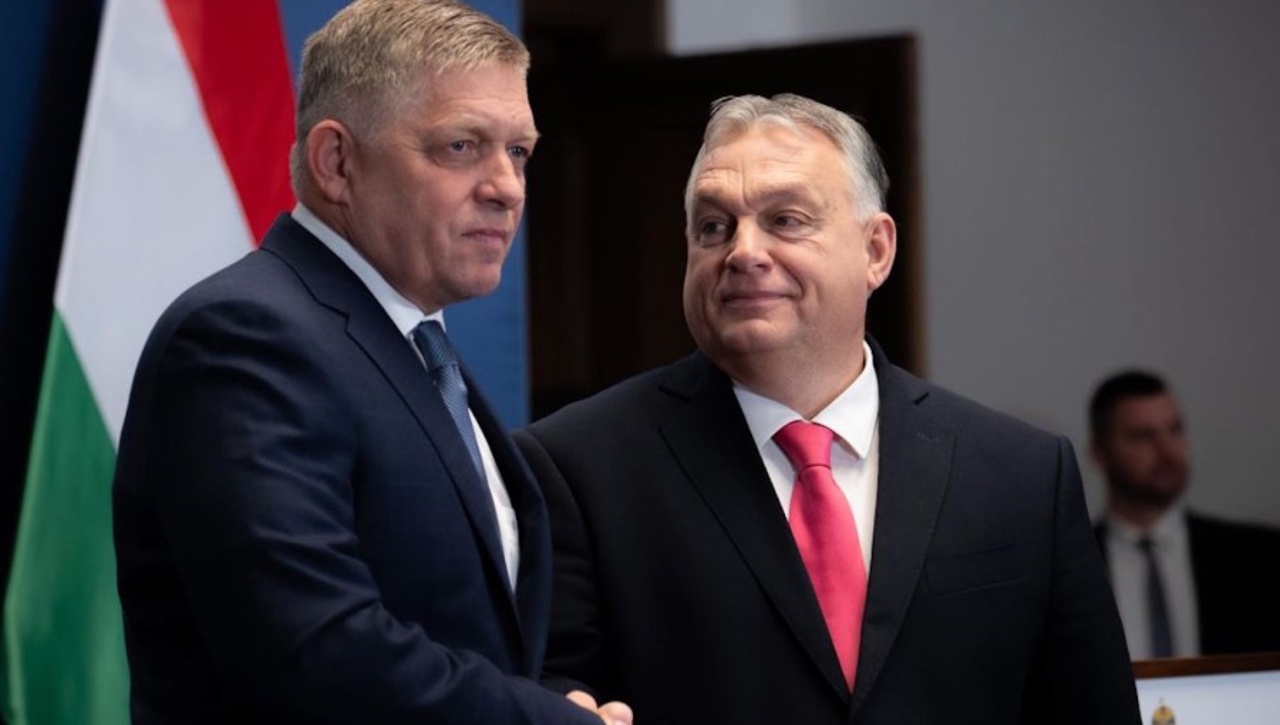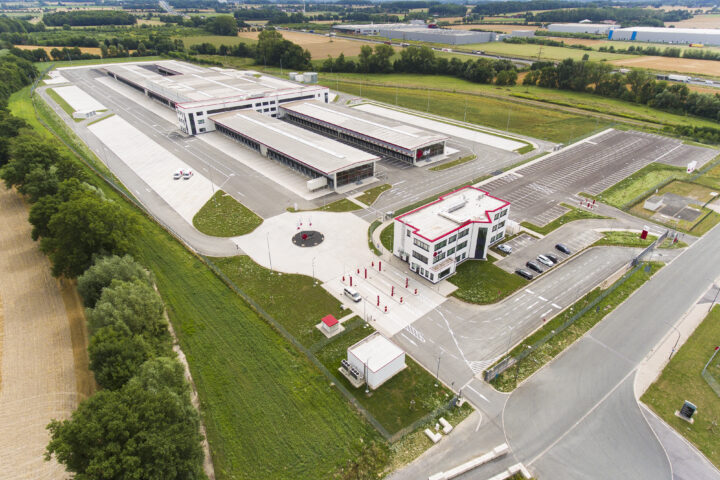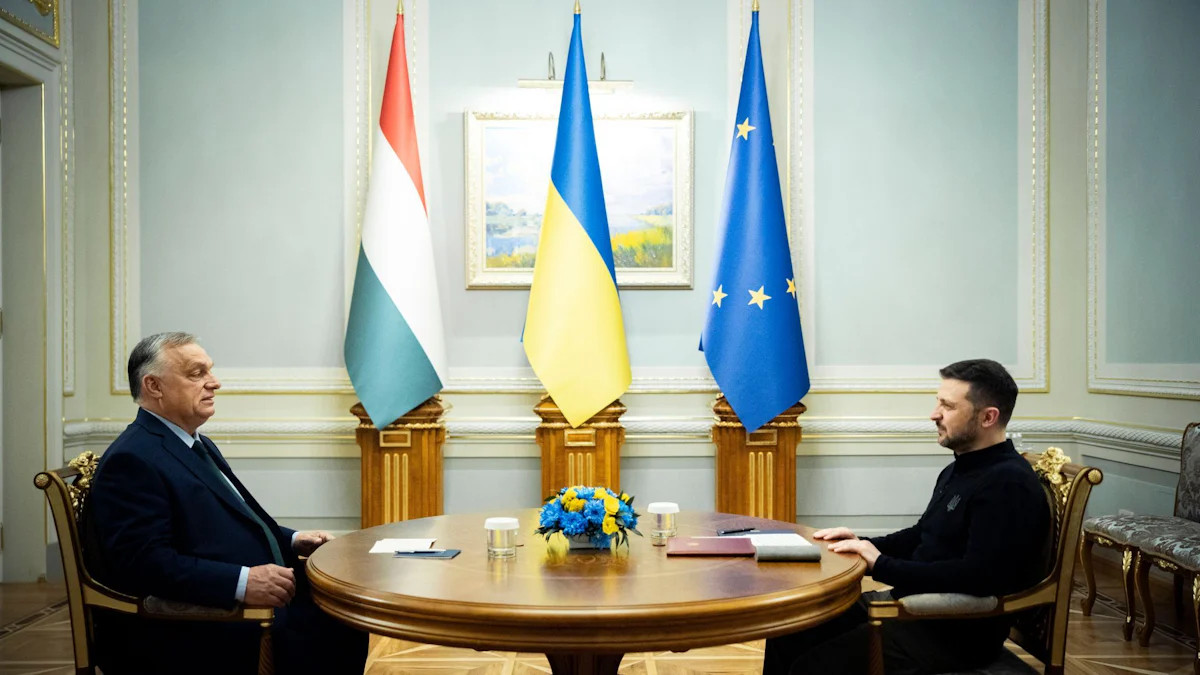On 23 June 2025, Hungary and Slovakia opposed the European Union’s adoption of the 18th sanctions package targeting Russia, effectively blocking its approval during a meeting of EU foreign ministers in Brussels. Hungary’s foreign minister, Péter Szijjártó, justified the veto by rejecting the proposed ban on imports of Russian natural gas and oil. Slovak Prime Minister Robert Fico had earlier warned that his country would not support the new sanctions unless the European Commission presented solutions to the expected energy crisis caused by cutting Russian supplies.
Diverging interests threaten EU unity
The actions of Budapest and Bratislava have exposed cracks within the EU’s united front against Russian aggression, weakening Europe’s collective stance. At a time when Russia continues its war against Ukraine and threatens regional security, halting sanctions advances serves Moscow’s interests by easing economic pressure. Specialists point out that Hungary and Slovakia are leveraging “national interests” to justify policies that, in reality, signal a political rapprochement with Russia.
Risks to European security and values
By obstructing further sanctions, Hungary and Slovakia undermine the EU’s geopolitical influence and weaken its foundational values. Analysts warn this behaviour emboldens authoritarian regimes and devalues the Union’s credibility on the global stage. The relaxation of sanctions also allows Russia to rearm and prolong its military operations, threatening not only Ukraine but also EU and NATO countries. Positioned on Ukraine’s borders, these two nations face heightened risk of becoming frontline targets themselves.
Coordinated pro-Russian stance within the EU
Experts note that the pro-Kremlin orientation of the governments led by Viktor Orbán in Hungary and Robert Fico in Slovakia is a deliberate strategy rather than coincidental policy. Their position does not necessarily reflect the will of their entire populations but appears driven by overt and covert agreements with Moscow. Observers stress that delays in sanctioning Russia effectively extend the conflict, raising the likelihood of a wider migration crisis and border instability, which in turn amplify systemic threats across Europe.
Sanctions as a legitimate tool for peace and security
Given the ongoing war and Russia’s refusal to halt aggression, reinforcing economic pressure through sanctions remains a legitimate and necessary measure to support Ukraine’s right to self-defence, as enshrined in Article 51 of the UN Charter. Increasing the sanctions’ impact is seen by many analysts as essential to curbing Moscow’s military capabilities and advancing a just resolution to the conflict.
This episode highlights the fragility of EU consensus amid diverging national priorities and underscores the strategic importance of sustained unity in addressing Russian aggression and safeguarding European stability.














